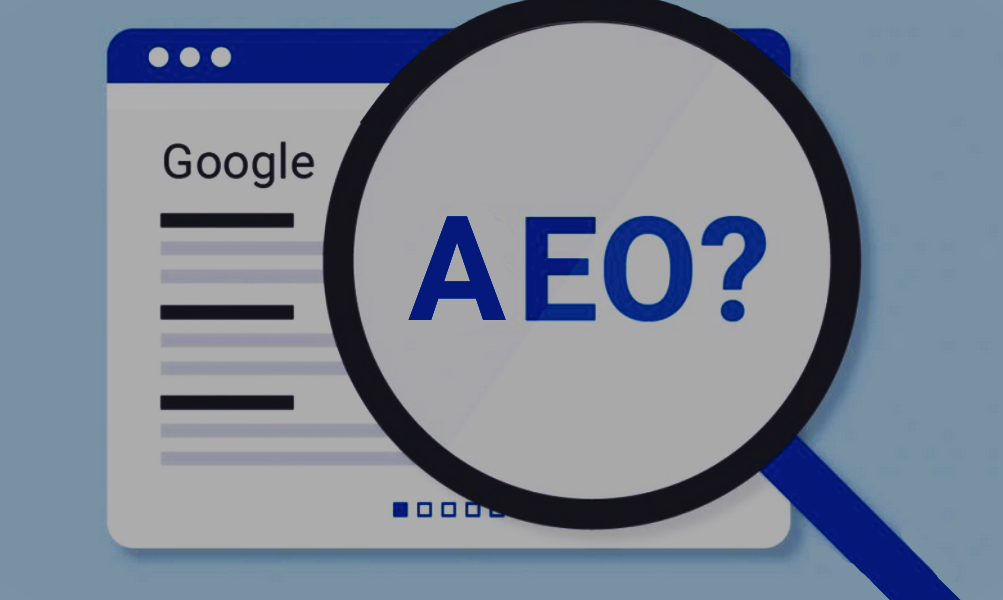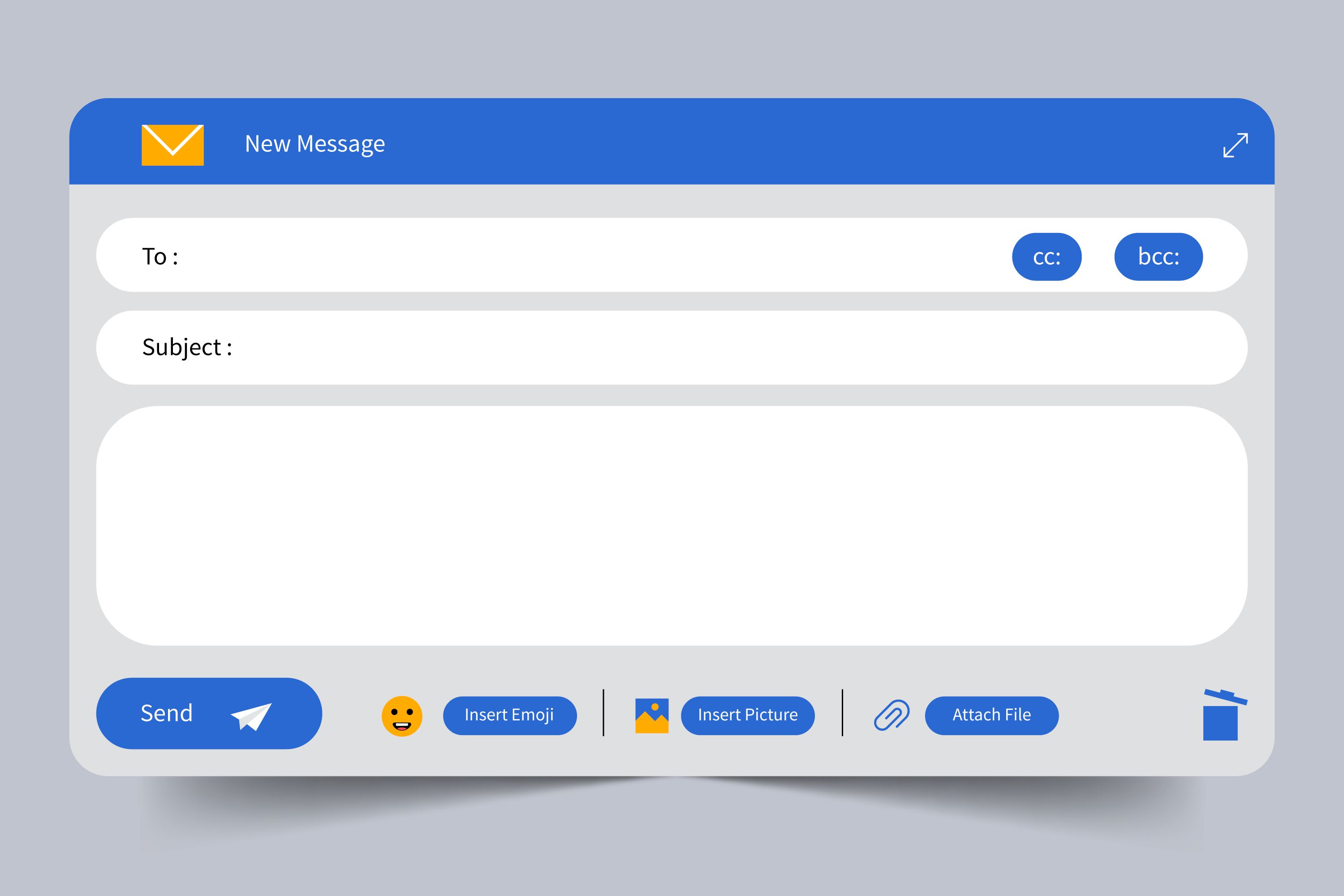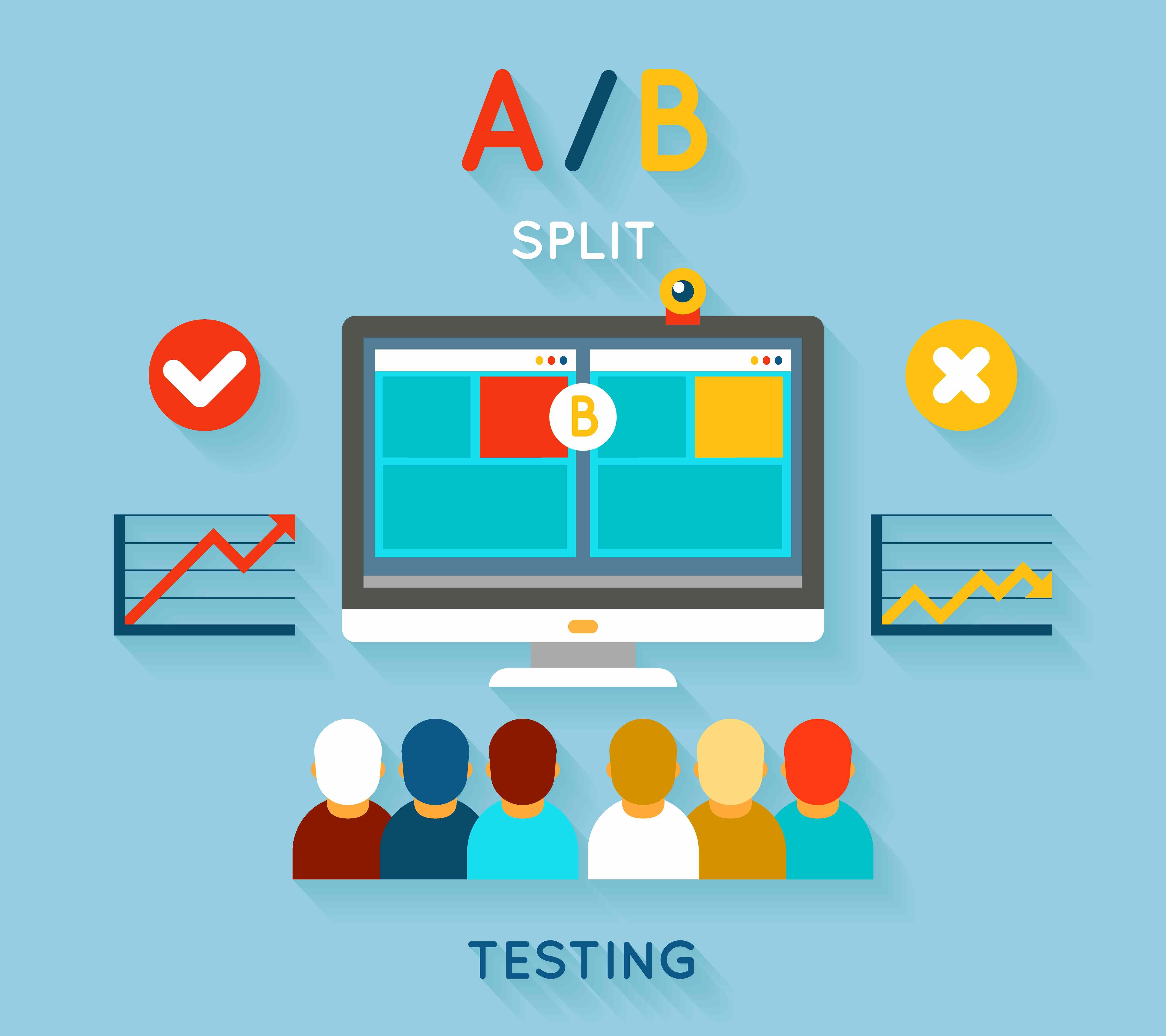
Definition and Concept: Learn what blockchain is and the way it works as a decentralized ledger.
Key Components: Understand blocks, transactions, nodes, and consensus mechanisms.
Public vs. Private Blockchains: Differentiate between (public) and (private) blockchains.
Examples: Study distinguished examples like Bitcoin (public) and Hyperledger Fabric (private).
Cryptography: Explore cryptographic standards used for stable transactions and facts integrity.
Consensus Algorithms: Understand mechanisms like Proof of Work (PoW), Proof of Stake (PoS), and others.
Programming Languages: Choose languages that includes Solidity (for Ethereum) or Go (for Hyperledger).
Smart Contracts: Develop and set up self-executing contracts the use of frameworks like Truffle or Remix.
Choose a Platform: Select Ethereum, Hyperledger, or some other platform primarily based totally for your mission goals.
Develop DApps: Create decentralized packages (DApps) integrating clever contracts with front-cease interfaces.
Hands-On Practice: Build primary packages for token creation, asset transfer, or easy decentralized finance (DeFi) scenarios.
Scaling Solutions: Explore scalability-demanding situations and answers like sharding or layer 2 protocols.
Interoperability: Learn approximately protocols allowing conversation among one-of-a-kind blockchains (e.g., Polkadot, Cosmos).
Governance and Regulations: Understand governance fashions and regulatory issues impacting blockchain ecosystems.
Online Courses: Platforms like Coursera, Udemy, and edX provide guides on blockchain basics and development.
Books: Recommended reads include "Mastering Ethereum" through Andreas M. Antonopoulos or "Blockchain Revolution" through Don Tapscott.
Developer Communities: Engage with boards and groups like Ethereum's developer portal or Hyperledger's boards for aid and collaboration.
Industry Applications: Explore blockchain's effect on industries like finance, deliver chain, healthcare, and more.
Real-World Projects: Study case research and implementations to apprehend realistic packages of blockchain generation.
Stay Updated: Follow enterprise news, conferences, and studies guides to live knowledgeable approximately new trends and traits.
Emerging Technologies: Keep a watch on rising traits like decentralized finance (DeFi), NFTs, and blockchain-primarily based totally governance systems.
Blockchain generation gives sizeable possibilities for innovation and disruption throughout diverse sectors. By following this roadmap, you may advantage a complete know-how and hands-on revel in to begin constructing blockchain answers and exploring its capability packages.
For latest updates Subscribe newsletter and join our channel Whatsapp Channel
Start with the basics, exercise hands-on development, and live curious approximately new improvements inside the blockchain space. Happy learning!





